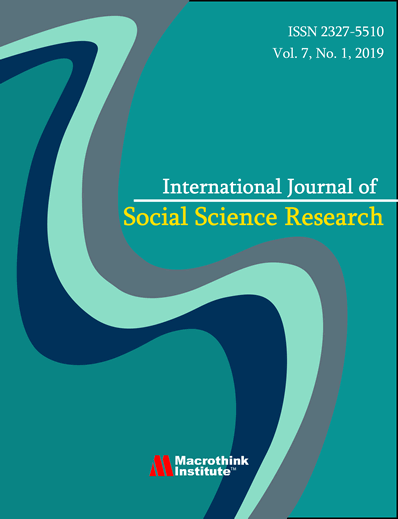Separate the Tithe: Economic Issues in the Holy Scriptures
DOI:
https://doi.org/10.5296/ijssr.v11i2.20765Abstract
The paper starts with the hypothesis that Adam, having been commanded to eat in the sweat of his brow, had no leisure time in the modern sense, and his leisure was limited by the sleeping time. The verification of this hypothesis needs both statistical and analytical data. Field studies of sleeping habits in hunting-and-gathering tribes from Africa and Southern America discovered statistically reliable data of 5.7-7.1 hours of sleeping time, amounts near the low end of those industrial societies. This result supports the historical analysis of sleeping habits in the preindustrial Europe. The model of economic equilibrium in a hunting-and-gathering society uncovers the perfect allocation of time produced by the golden ratio, also known as the divine proportion. The mathematics of economic equilibrium results in 6.63 hours of sleep. The application of this result to the tangibles-intangibles trade-off in the preindustrial Hebrew economy reveals the perfect share of giving to the church and the needy. It is equal to two tithes commanded to Hebrews by the Old Testament.

